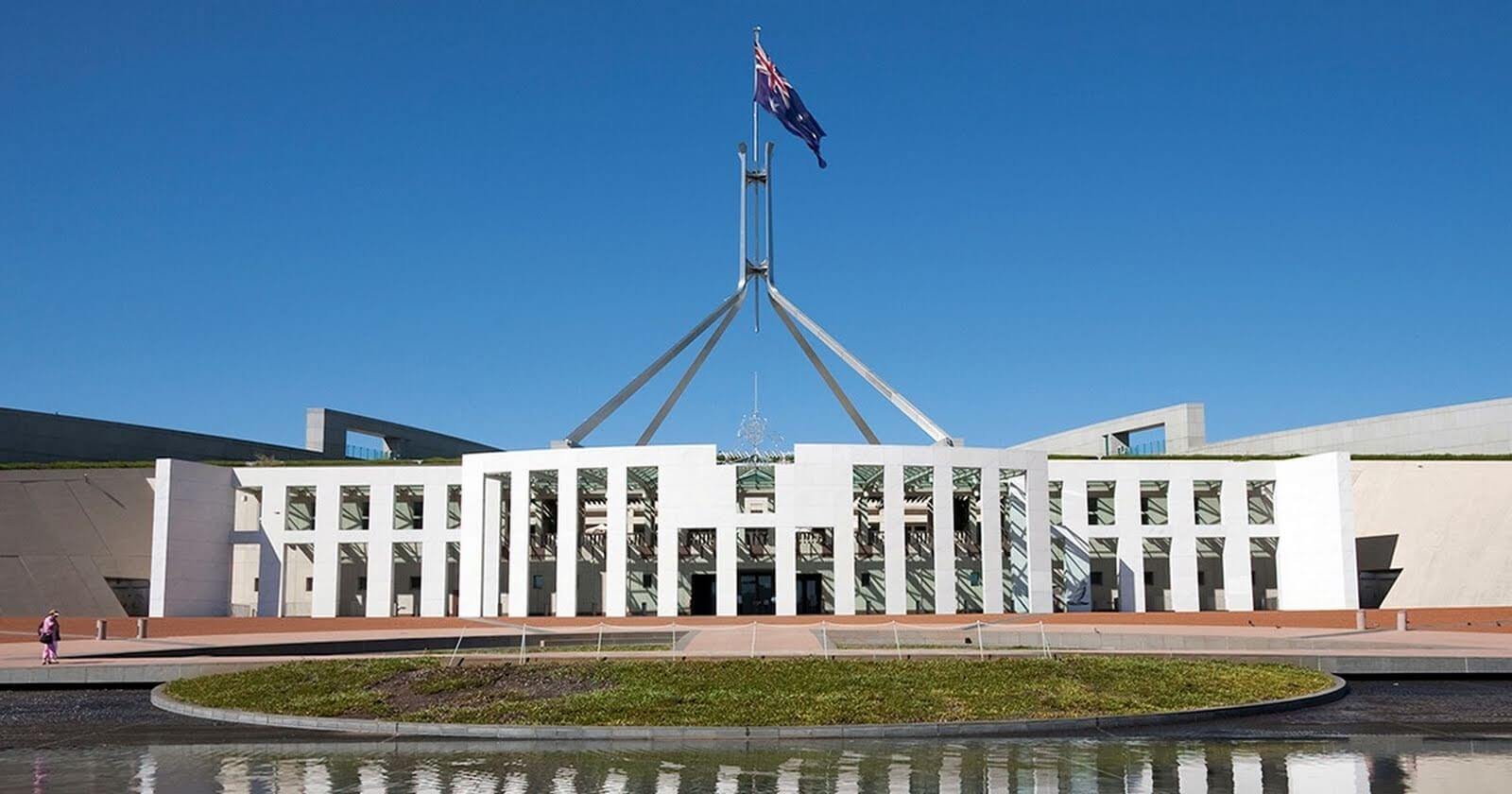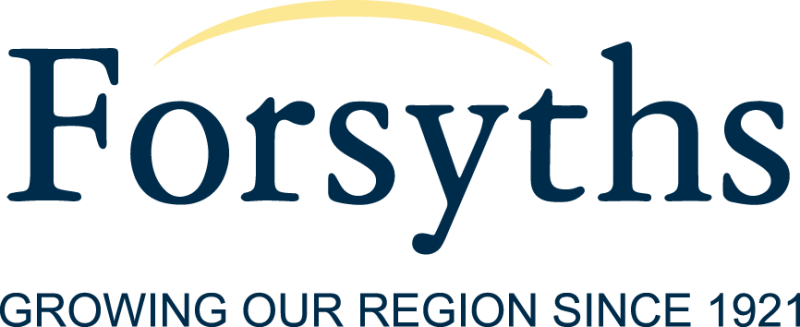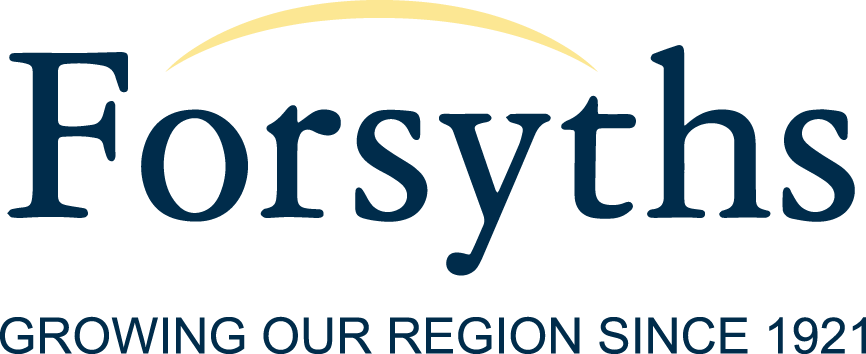
2017 Federal Budget - What does it mean for you?
Published May 10, 2017
The 2017 Federal budget appears solid with the Hon. Scott Morrison MP opening up the cheque book.
Some of the big spending includes:
- $18.6 billion increase in funding for schools.
- $8.4 billion towards establishing a 1700 km inland rail link between Melbourne and Brisbane.
- $5.3 billion on the new Western Sydney airport.
- $2.8 billion extra funding for hospitals.
- $1.6 billion for Western Australian roads and rail infrastructure.
- $1 billion extra for unfreezing the Medicare rebate aiming at more affordable health care services.
Small businesses will benefit from a further 12 months access to the accelerated $20,000 asset write-off limit, encouraging spending to boost productivity and drive business growth.
"The Government’s decision to invest $8.4 billion dollars to build a 1700 km inland freight rail network, linking Melbourne and Brisbane, will hopefully drive strong growth in regional jobs for NSW; further supporting our local communities during and after construction,”said Forsyths Principal, Andrew Freebairn.
Housing affordability was high on the hit list with measures including:
- Tax-deductible super contributions of up to $15,000 per year for first home savers, capped at $30,000, which can then be withdrawn for use towards their first home.
- Foreign investors will face annual charges starting at $5,000 for unoccupied dwellings, including properties not genuinely available for rent.
- A 50% cap on the foreign ownership of new developments, requiring a new dwelling exemption certificate prior to purchase.
- Loss of the main residence Capital Gains Tax exemption for foreign and temporary tax residents.
- Increasing the Capital Gains Tax discount from 50% to 60% for housing made available to low income tenants, below market rent, including the structuring of these housing schemes into managed investment trusts.
The Government has indicated it will achieve a budget surplus within 4 years, so some sectors will be impacted by this. Housing is one of these, including outright denial of rental property travel expenses and restrictions on depreciation expenses claimed. Banks will pay a new levy, universities will suffer funding cuts of $2.8 billion, course fees will go up and HELP repayment thresholds will fall.
Former MPs will lose their gold cards, except former PMs, small businesses will pay to have foreign workers and the Medicare levy will increase. The Government will sharpen its focus on the cash economy, and will expand measures targeting foreign property owners selling property by imposing a new $750,000 threshold over which all Australian property owners selling properties will require a clearance certificate obtained from the ATO, or else the purchaser will be forced to withhold 12.5% of the proceeds from the sale.
Forsyths Financial Services Principal, Craig Benham, said he isn’t concerned by the announcements. “We can’t see these changes affecting bank profits materially when taking a longer view of the Australian equities market. Planned infrastructure spending is clearly a positive for the economy and beneficial for certain market participants, including the major Banks. The stock market experienced a slight slump following the announcements but had recovered by the afternoon."
There are a lot of good things and a few bad things in this generally well thought-out set of announcements, and it will now remain to be seen what can be legislated and passed through both the House of Representatives and the Senate.


